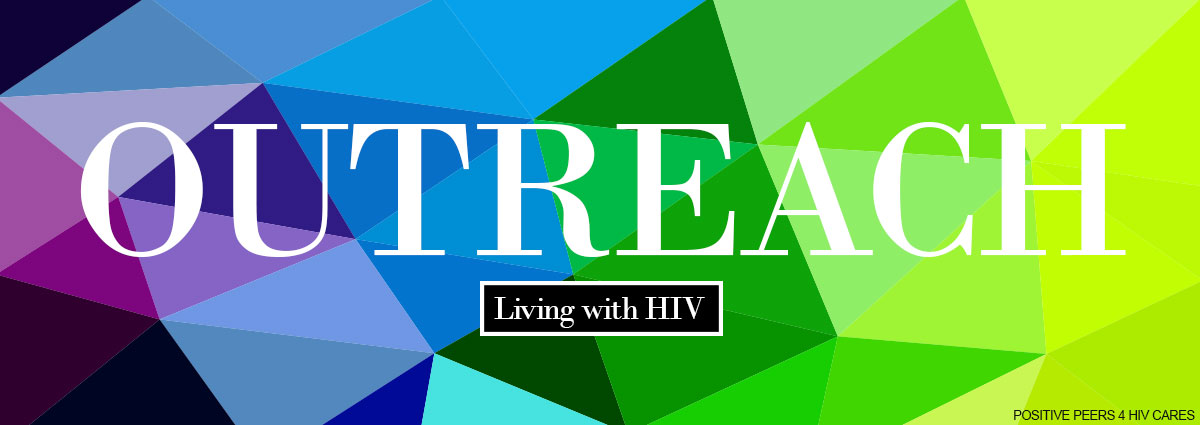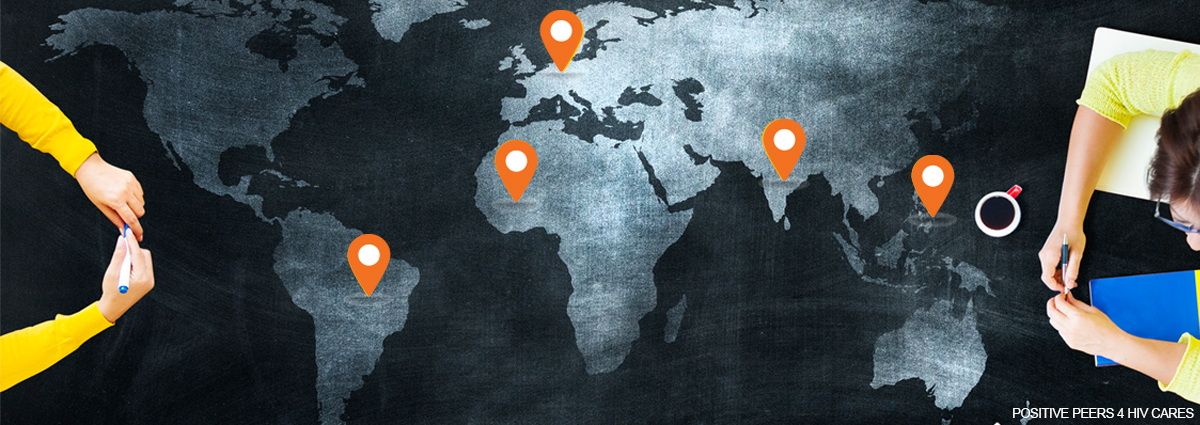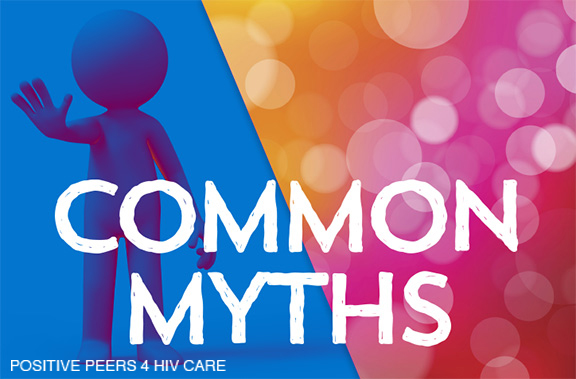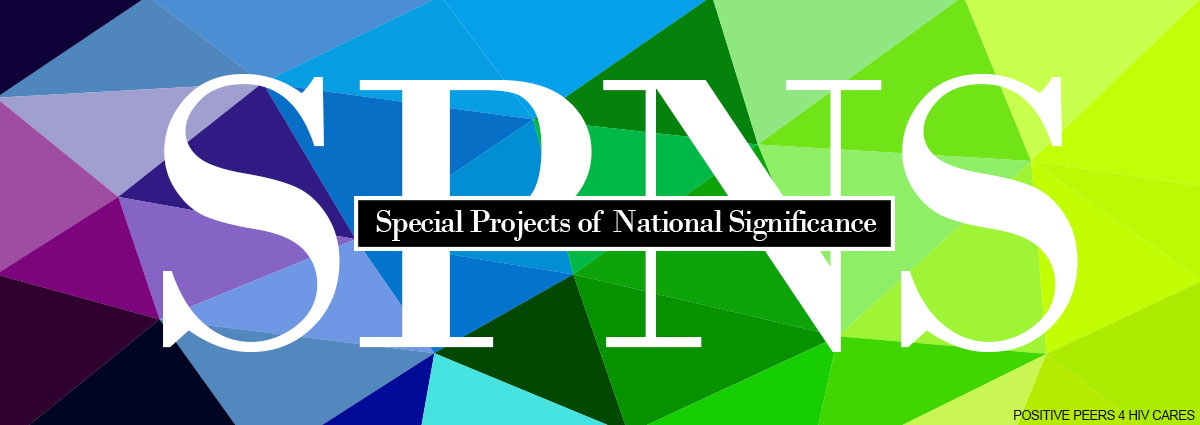
By: Jennifer McMillen Smith, LISW-S, HIV Social Worker at MetroHealth Medical Center and medically reviewed by Ann K. Avery, MD, Infectious Disease Physician at MetroHealth Medical Center
SPNS is short for “Special Projects of National Significance.” OK, so it’s hard to imagine a title more likely to put you right to sleep, but SPNS are something worth waking up and paying attention to.
Why? Because — if you’re still awake — you’re reading the result of a SPNS right now. The Positive Peers project — the app, this blog, and the people making it all happen — are funded by a federal SPNS grant trying to answer a critical question:
Can social media technologies help people with HIV take their meds, get informed about the infection, and keep motivated over the long run to stay healthy?
Yes, you get to be part of that! And here’s why it matters: Pretty much everybody has a smartphone these days. Are we right, or are we right? Wouldn’t it be cool if people living with HIV could use their phones to help them stay on their meds, manage their care, and get support from a private community of their peers? We think so.
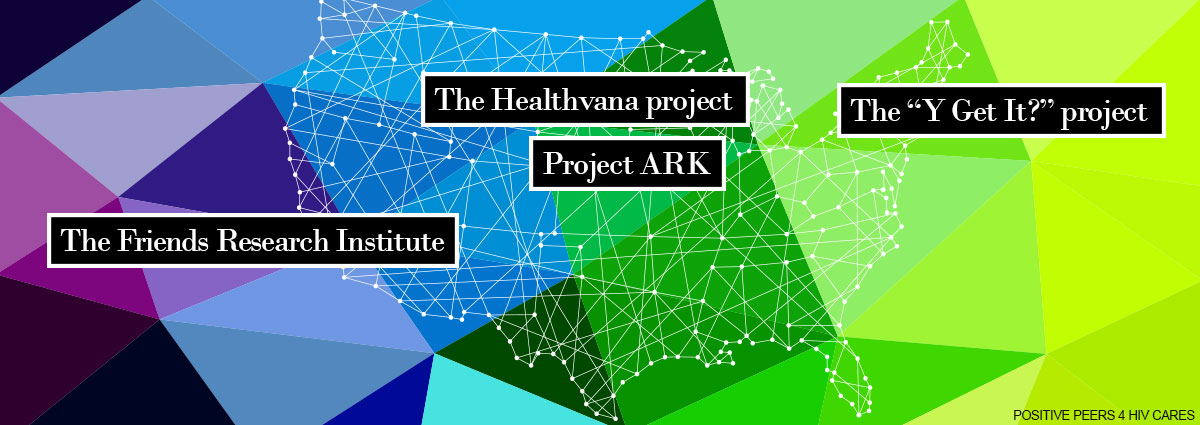
More projects like Positive Peers around the U.S.
Positive Peers isn’t the only SPNS project trying to use social media and technology to help young people rock their HIV care. SPNS is also funding ten other projects across the country to do the same thing in a different way. Here’s a look at some of these projects:
- Los Angeles. The Friends Research Institute is using text messages to help transgender women stay on their meds and much more.
- New York City. The “Y Get It?” project combines an app with stories and pictures on Instagram to engage, inform, and inspire young people living with HIV.
- The Healthvana project uses social media to connect with people who know they have HIV but aren’t getting any care, and those who are infected but do not know their status.
- St. Louis. Project ARK uses texting, YouTube videos, social networks, and an online support group to bring young people with HIV together and get them more comfortable about getting treatment.
(Got some time on your hands? Here’s a page describing all 11 of these projects)
If these SPNS succeed, they could be exported worldwide — helping people in across the U.S. and around the globe. Cool, right?
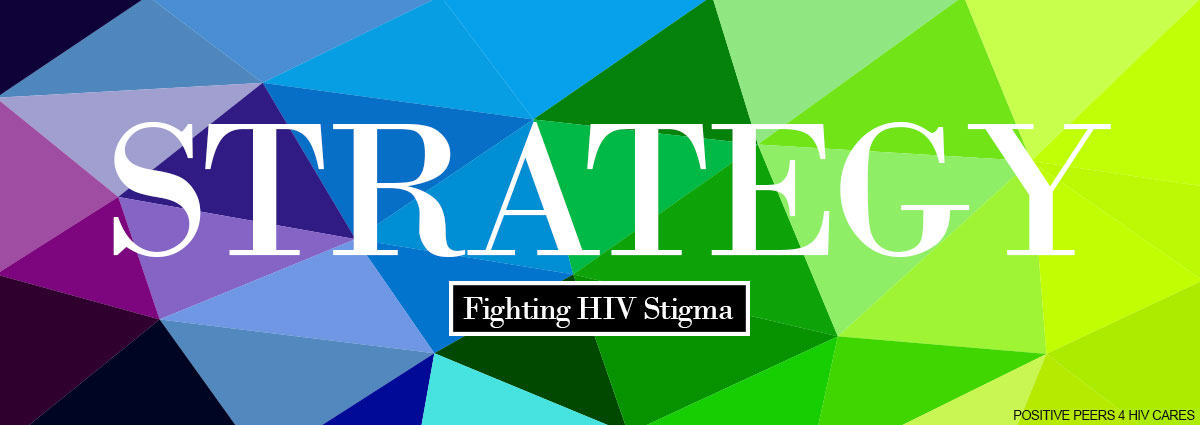
What other SPNS projects are there?
Special Projects of National Significance have a bunch more strategies to help people with HIV and keep the virus from spreading. Here are a couple examples:
- Fighting HIV stigma. Your HIV status is nobody’s business but your own. But if you tell people about it, some of them suddenly think it’s their business — that it gives them the right to mistreat you. Talking straight about HIV stigma is one of our big things here at Positive Peers, because we don’t like anything that makes a tough situation tougher. Read more on the SPNS for HIV stigma.
- Tackling homelessness. If you have a regular place to live, you’re already much better off than a lot of people. The people who study this stuff have noticed something a lot of us don’t like to think about: HIV and homelessness go together, and not in a good way. It turns out that having HIV means you’re much more likely to become homeless, and being homeless means you’re much more likely to get HIV. Some SPNS projects are working hard to tackle this disparity. Read more on the SPNS for HIV and homelessness.
-

Come join our private, stigma-free, supportive community.
Health management tools with medication & appointment reminders.
Social networking in a community conversation & private chats.

Why we need SPNS
Tons of people invest millions in medications to treat HIV and work toward a cure. But a lot of these efforts leave big gaps because HIV is about so much more than meds, doctors, and visits to clinics.
SPNS can go where the donors and the drug companies don’t go — into communities where they can make a positive difference in the day-to-day experience of living with HIV. We all benefit from projects that make that happen.
Related articles:
- HIV decriminalization part 1: Undetectable=untransmittable
- I just found out I’m HIV positive. What will people think?
- I have just been diagnosed with HIV: Who do I need to tell?
Related Blogs:

